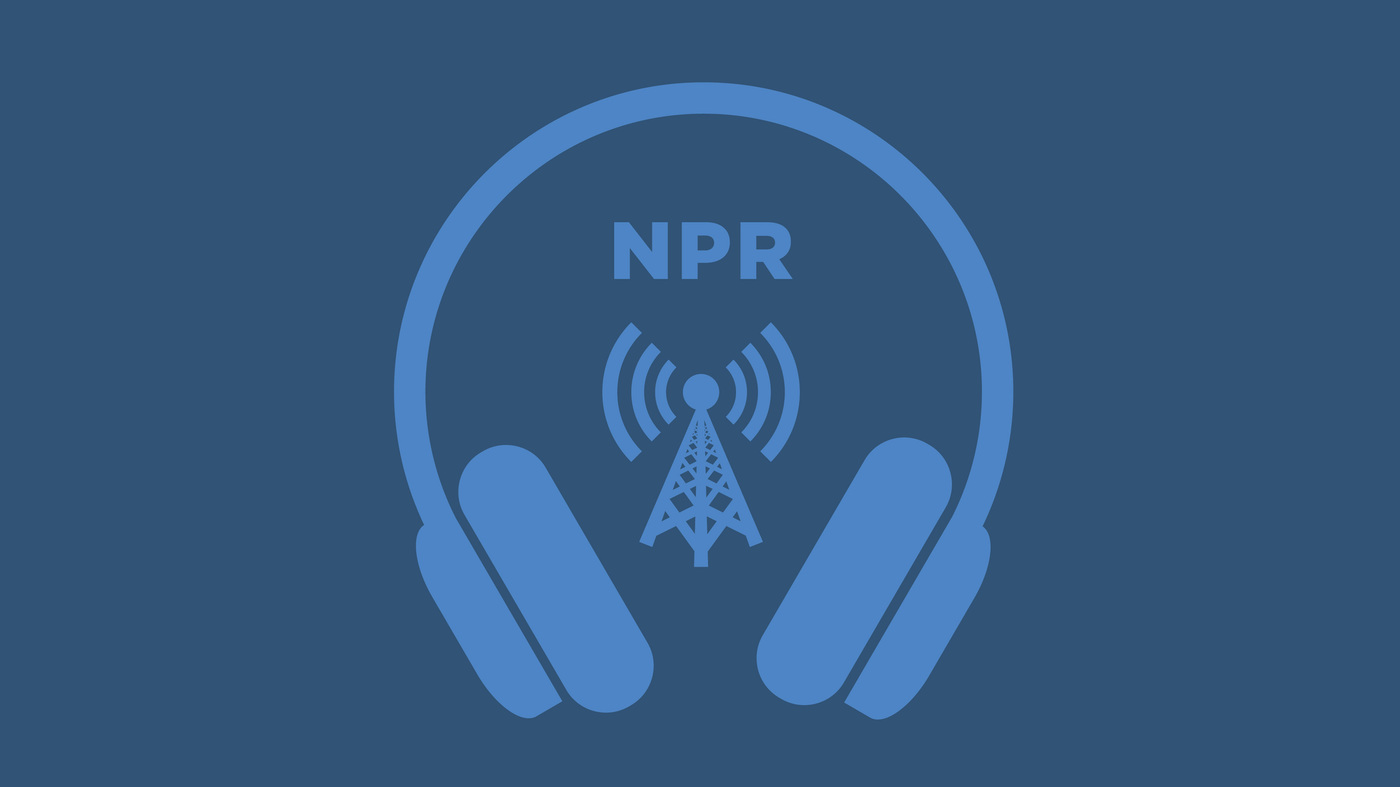We discuss the federal government’s response to the coronavirus pandemic, as well as the points of tension between President Trump and some governors demanding more resources for their state.
SCOTT SIMON, HOST:
First COVID-19 fatality in the United States was announced on February 29, when 22 cases were confirmed in the country. Twenty-eight days later, we have over 1,700 deaths and over 100,000 cases confirmed, as the White House response to this ongoing crisis has been more political than pragmatic. NPR senior editor and correspondent Ron Elving joins us. Ron, thanks for being with us.
RON ELVING, BYLINE: Good to be with you, Scott.
SIMON: The president has repeatedly accused the Obama administration of being lax about planning for a pandemic, said he had to fix a broken health care system. During Thursday’s briefing, he said he had to take over an empty shelf for medical supplies. People are dying. This is a serious charge. Do any facts support the president’s charge?
ELVING: Scott, you’re not hearing those charges from the health professionals around the president. They come when the president starts freelancing on Twitter or in a briefing. And if there was something missing when Trump came to power – that was, of course, over three years ago. What we do know is that there was an extensive plan, almost 70 pages, prepared by a special office within the National Security Council in the White House and turned over to the Trump administration. In 2018, almost two years ago, that office was essentially disbanded, and that plan was essentially discarded. So those are the facts. Those are the things that we do know.
And we do know also that there were tests offered to the Trump administration by the World Health Organization. Those were refused. And in both cases, of course, the Trump people have been saying they had something better to put in its place.
SIMON: And I have to ask, is there a difference between how responsive the president has been, or supportive, to governors from predominantly Republican states than Democratic states?
ELVING: There do seem to be two kinds of response – one for states with very few cases, often red states that are less densely populated, and another for states with heavily Democratic, dense metro areas. We should say the president does seem concerned about New York and New Jersey. And he wants to be seen as effective against the virus in general nationwide. But he has also gone to war with several of the big state Democratic governors who have been pointing to the lack of ventilators and other problems.
(SOUNDBITE OF ARCHIVED RECORDING)
PRESIDENT DONALD TRUMP: I say, Mike, don’t call the governor of Washington. You’re wasting your time with him. Don’t call the woman in Michigan. It doesn’t make any difference what happens…
UNIDENTIFIED REPORTER: The governor of Washington…
TRUMP: No. You know what I say? If they don’t treat you right, I don’t call.
ELVING: So that is what I would describe as going to war with some of the blue-state governors. And he has also called the governor of Washington state, Jay Inslee, a snake.
SIMON: Of course, we know New York has been especially hard-hit. Governor Andrew Cuomo has been front and center day after day. Has he suddenly become the face and voice of national Democratic leaderships?
ELVING: Yes, to some degree. As governor of a big state and a state that’s a media hub and, as you say, so hard-hit, Governor Cuomo is a natural point man to lead the call for greater supplies and to lead Democratic governors in their critique of the president. But he is not himself a candidate for president just now and won’t be unless something happens to Joe Biden.
SIMON: Bernie Sanders is still running for the Democratic nomination for president, says he wants to participate in the next debate. What effect does his – if he still runs, what effect does his candidacy even have now?
ELVING: His effect is on the conversation about issues and policy and the crisis, And we can see a lot of Sanders’ thinking in the big relief bill Congress just passed – $2 trillion.
But as for the nomination, he is down and fading. Wisconsin votes in 10 days. They still plan to go ahead on April 7. That was one of Bernie Sanders’ best states four years ago. So he needs to win Wisconsin to stay in the race this year. He was ahead in Wisconsin when there was a big field of candidates, but that big field now seems to have largely consolidated to Joe Biden. And at the last polling, I saw Bernie Sanders was losing to Biden badly.
SIMON: NPR senior editor and correspondent Ron Elving, thanks so much for being with us.
ELVING: Thank you, Scott.
Copyright © 2020 NPR. All rights reserved. Visit our website terms of use and permissions pages at www.npr.org for further information.
NPR transcripts are created on a rush deadline by Verb8tm, Inc., an NPR contractor, and produced using a proprietary transcription process developed with NPR. This text may not be in its final form and may be updated or revised in the future. Accuracy and availability may vary. The authoritative record of NPR’s programming is the audio record.





















